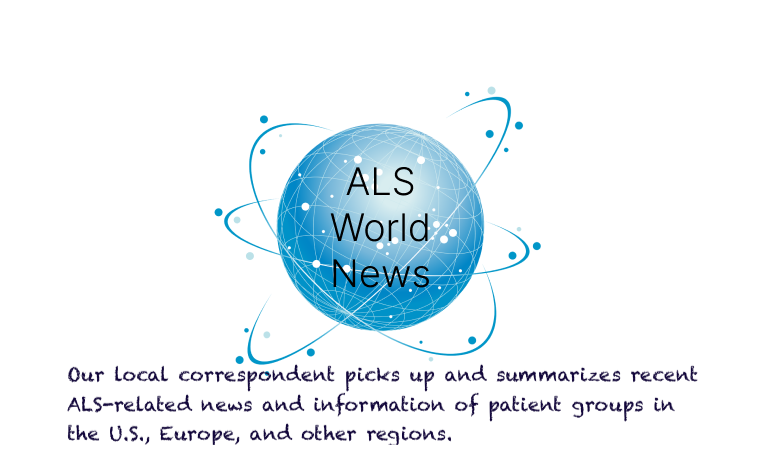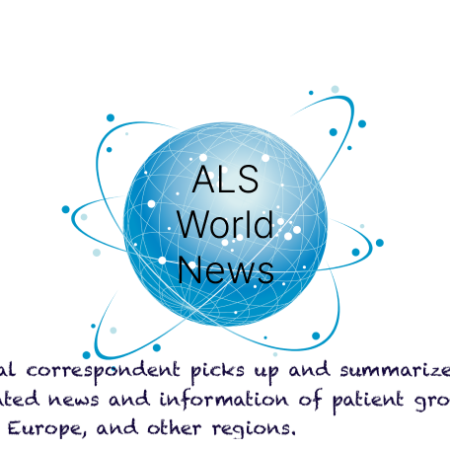The NSAIDs (non-steroidal anti-inflammatory drugs) ibuprofen and naproxen, and the antipyretic analgesic acetominophen, which can be purchased without a prescription and in supermarkets in the United States, have been shown to reduce the risk of developing neurodegenerative diseases, including ALS – a number of these research publications over the years papers have been published from several countries. We would like to see a therapeutic effect. However, there are many unexplored issues, such as the small number of patients studied and the fact that it is unclear whether the disease is sporadic or familial, and further research is expected.
While announcements that anti-inflammatory drugs, pain relievers, and fever reducers reduce the risk of developing ALS, a known incurable disease, have been reported for several years, several have recently come out again. In one of the latest announcements, made by a small meta-analysis at Harvard MGH, researchers say that NSAIDs intervene in the body’s inflammatory process and suppress inflammation, possibly providing a neuroprotective effect and consequently lowering the risk of developing the disease.
A paper from Yeungham University in Korea, published in Nature and Scientific Report in 2020, explains that non-aspirin NSAIDs inhibit the action of the enzyme COX-2 (an enzyme with an important role in activating inflammation) and thus reduce the inflammatory process. This news was also published in ALSnewsToday that year. The study showed that aspirin made no difference at all, but people using ibuprofen (Advil) or acetaminophen (Tylenol) had a lower rate of disease when compared to a group not using these drugs. (Disease Odds (e.g., 20% lower for acetaminophen use) showed an 18% reduction in the use group compared to the non-aspirin NSAID use group.
Dr. Sadri-Vakili, leader of the laboratory conducting this research at Massachusetts General Hospital (MGH), said, “In our rodent experiments, the mice treated with anti-inflammatory drugs delayed the onset of ALS, supporting our idea that inflammation has an important role in the progression of ALS. This supports our idea that inflammation plays an important role in the progression of ALS. Therefore, it is very valuable to pursue anti-inflammatory therapies in depth to develop effective ALS treatments. Dr. Sadri-Vakili and his colleagues are investigating whether the existing asthma drug cromolyn sodium, which has been shown to be effective in Alzheimer’s disease by reducing inflammation, may also be effective in ALS. The study seems to be about whether the combination of cromolyn sodium and ibuprofen would have a synergistic effect.
The online magazine Harvard Health Publishing recommends a regular anti-inflammatory diet, avoiding foods that promote inflammation (such as sweets and Red Meat) and eating more anti-inflammatory foods. Anti-inflammatory foods include olive oil, fruits (berries, oranges, cherries, etc.), vegetables (tomatoes, spinach, kale, etc.), nuts (almonds, guar nuts, etc.), and oily fish (salmon, tuna, sardines, mackerel, etc.). Moderate exercise is also known to reduce inflammation.
https://www.nature.com/articles/s41598-020-71813-1#Sec13
https://www.health.harvard.edu/staying-healthy/foods-that-fight-inflammation
https://www.ncbi.nlm.nih.gov/pmc/articles/PMC7479139/
January 18, 2024 Reported by: Nobuko Schlough USA




